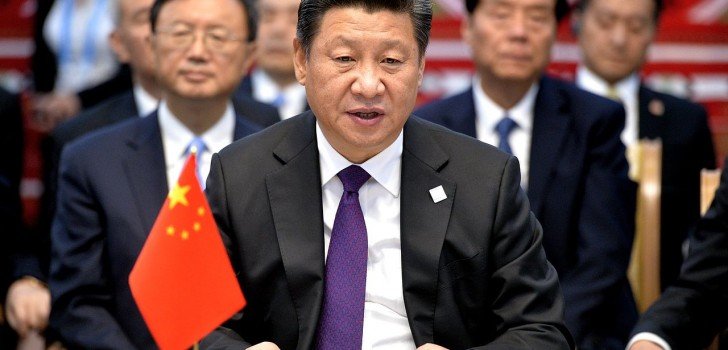Apple, joining Netflix, Amazon, Yahoo and a host of others, is supposedly getting into the original programming business.
The iPhone manufacturer has started meeting with major Hollywood studios to get a feel for interest,according to Variety. While there’s no consensus about how serious the smartphone maker is about original programming, one reliable source informed Variety that the Cupertino Corporation wants to make both TV shows and movies.
Next month, Apple is likely to launch a new version of Apple TV, and perhaps even a new service dedicated to live channels, similar to Sling TV. However, that might just be an insignificant part of a very enormous strategy. Earlier this summer, Apple supposedly tried to acquire the services of Top Gear stars Richard Hammond, Jeremy Clarkson and James May following their leaving from BBC, but Amazon finally won the lengthy bidding war.
Variety doesn’t give many particulars, and, actually, it looks like whatever Apple is planning is in the very initial stages. One likelihood is for Apple to copy Netflix’s model, which functions with outside production corporations to create original content; another option is for Apple to establish its own internal studio, though Microsoft tried that and the strategy proved difficult.
At this phase, it’s uncertain how Apple will handle the situation. The organization has dabbled in the indie circuit for many years by snatching up movies from festival circuits and dispensing that content on iTunes. Nevertheless, Variety does not say whether Apple intends to provide a service based on single transactions or a subscription-based service.
With services like Netflix and Amazon Prime growing in size, along with others like Hulu and Yahoo, it seems the next major content frontier will be original programming.While Apple will be joining a crowded and severely competitive industry, it surely has the muscle to do so.
It’s highly unlikely we’ll see any official mentions of such an attempt at next week’s annual Apple product unveiling. But by this time in 2016, Apple TV, currently a box serving everyone else’s content, might be much more of a living room focus than it has been to date.

















